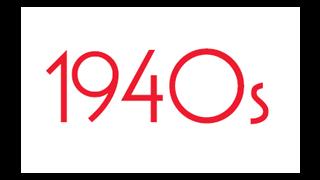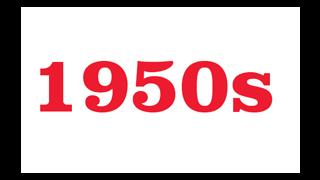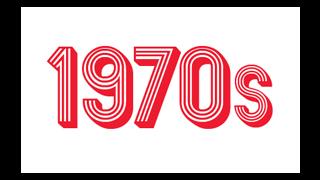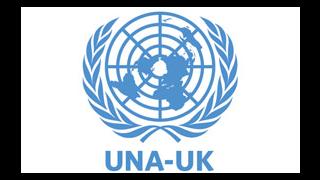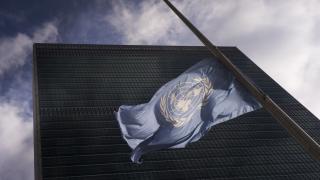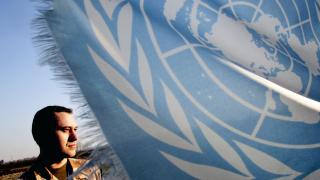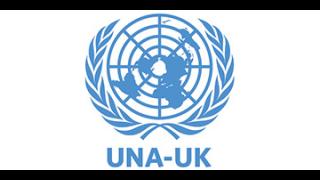
I remember being hungry. I bit my uncle’s hand and he cried, not because it hurt, but because I was hungry*
Michael Pupa’s parents and sister were murdered by the Nazis in 1942. He spent the next two years hiding in the Polish woods with his uncle. After the war, they ended up in a camp for displaced persons (DPs) run by the UN Relief and Rehabilitation Administration (UNRRA).
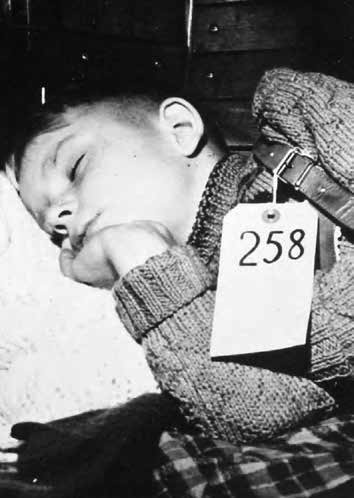
Set up in 1943, UNRRA was soon dealing with a crisis of over 50 million DPs in Europe. The reluctance of the Allies to take in DPs meant that UNRRA prioritised repatriation, helping seven million people to return home between May and September 1945. But its operations became increasingly controversial, particularly among Jewish and eastern European DPs who did not wish to return.
Repatriation became a major political issue in the fledgling UN: should people have the right to choose where they live and to flee oppression? As a result, a temporary International Refugee Organization (IRO) was created in 1947 with a mandate encompassing repatriation, care and assistance, legal and political protection and resettlement. But support for DPs remained precarious. The IRO’s public information office records speak about the need to “sell” the idea that DPs will make good citizens.
Michael’s paper trail starts with his arrival in the US zone in Germany in April 1946. He is listed as being “shipped by truck” from the UNRRA camp in Berlin-Zehlendorf to one in Eschwega. The next official record appears in February 1948, when the IRO registers him. He was transferred twice a year later. In 1950, his uncle asked for him to be placed under IRO care.
Among DPs, unaccompanied displaced children were the hardest to resettle. However, Michael was assigned an IRO caseworker and recommended for “resettlement and adoption” in the US. In May 1951, he flew to New York. After spending six months in a UN home, he was placed with foster parents in Cleveland, Ohio, where he settled. Speaking to a local newspaper in 2013, Michael said of his six years in camps: “I learned to be a strong person. I had to be. And I learned that there are good people and bad people in the world. Some people are willing to help, and some don’t want to take the time.”
New crises, from eastern Europe to India/ Pakistan, showed the ongoing need for a refugee agency. European and Asian states wanted to create a stronger, permanent agency. The US and Soviet Union favoured a strictly defined temporary agency. A compromise was reached. The UN Refugee Agency (UNHCR) was founded in 1951 with a three-year mandate to provide international protection for refugees (defined by a new refugee convention) and to seek permanent solutions for their situation. In 1954, it won the first of two Nobel Peace Prizes. It remains one of the UN’s most important frontline agencies.
*Michael Pupa’s story and quotes – US Holocaust Memorial Museum, Oral History, 15 June 2010
Photo: Home for the Homeless, an IRO film from April 1950


